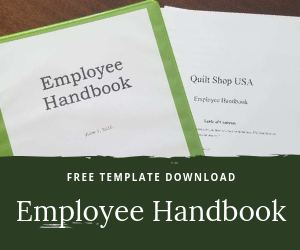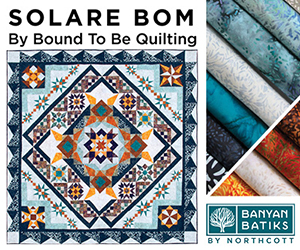
Good training gives your employees the tools to maximize their talents to better your business. Poor training sets your employees up for failure; nothing is worse than when a customer knows more about a product than the person getting paid to have that same knowledge (and more).
If you don’t already have a new hire orientation, that is the first thing you need to put on the top of your to-do list. The orientation should take place on the sales floor and cover all aspects of the business. The orientation should allow time for the new employee to put into practice what they’re learning. After giving them a task for an hour, go over how they’re doing and provide feedback. A simple complement can go a long way for a new employee’s confidence.
The next part of a training program should include giving your new employee a “buddy.” This buddy is another employee the new employee can go to for questions they may not feel comfortable asking the boss. Plus this buddy can give the new employee some company during their first lunch break and help them feel at home in their new role.

An often overlooked part of a training program is continuous training; never assume your veteran employees know everything or are doing everything correctly. Try to incentivize continuous training by paying for courses or purchasing books and videos for your employees. You can even go as far as giving bonuses or promotions for each level of continuing education your employees receive.
Last but not least, hold “jog” sessions that jog your employees memory about certain products or specials. A jog session can be given any time there is down time in a day and should be conducted at least once a week. These sessions will keep your employees on their A-game and ready for any question they may receive that day.
Not only will you benefit from solid training, but your employees will appreciate it as well. Providing a good foundation in a business begins with the people who make the team.
If you’re looking for more information to guide you in owning a retail business, subscribe to American Quilt Retailer today. Already a subscriber? No worries—join our Facebook group for insights and dialogue from industry specialists like you.


 You heard it here first folks, Jaftex Corporation has announced their intent to purchase the one and only
You heard it here first folks, Jaftex Corporation has announced their intent to purchase the one and only 


 The interview was conducted by Stitchcraft Marketing CEO Leanne Pressly. After working for Interweave Press, Pressly decided to start her own website, The Wool Wide Web, in 2009. The website rebranded itself in 2013 and transformed into Stitchcraft Marketing.
The interview was conducted by Stitchcraft Marketing CEO Leanne Pressly. After working for Interweave Press, Pressly decided to start her own website, The Wool Wide Web, in 2009. The website rebranded itself in 2013 and transformed into Stitchcraft Marketing.



 You heard it here first folks—Marcia Barker has been named the new Director of Education for the International Quilt Festival and Quilt Market.
You heard it here first folks—Marcia Barker has been named the new Director of Education for the International Quilt Festival and Quilt Market.

 If you have had any success making a change in your business, and reaped the benefits financially, we’d love to hear about it! Contact American Quilt Retailer through our Facebook page today.
If you have had any success making a change in your business, and reaped the benefits financially, we’d love to hear about it! Contact American Quilt Retailer through our Facebook page today.










